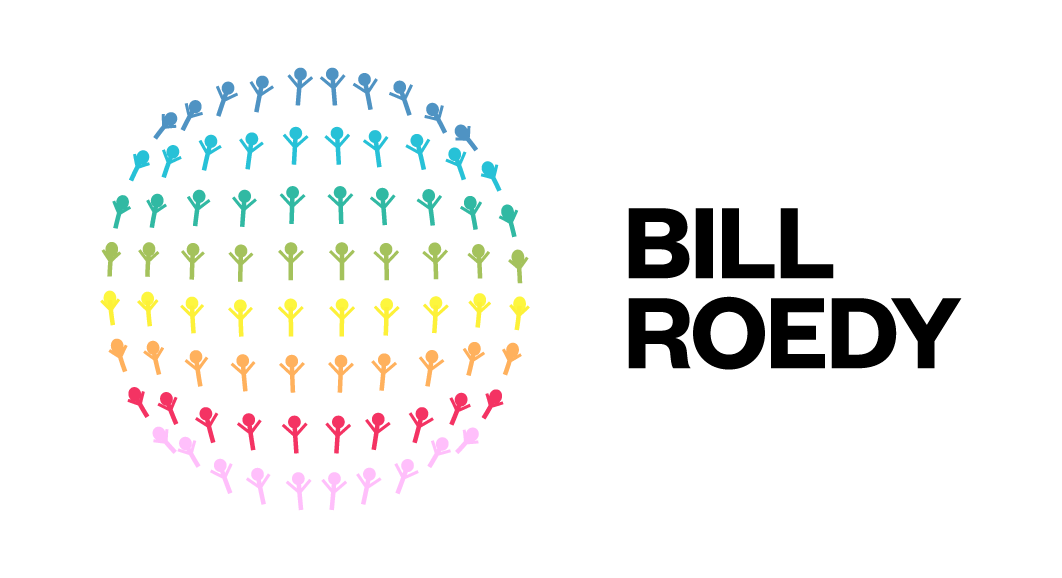Celebrating International Women’s Day? Saving the lives of women
Martha lives in Dar es Salaam, Tanzania. As a mother and grandmother, she is a main caretaker of her family. Martha has cervical cancer. It will probably kill her if the cobalt radiation therapy does not do more harm to her fragile body. Martha is just one of the more than 6,200 Tanzanian women who are diagnosed every year with cervical cancer, this east African country’s most common cancer.
Cervical cancer is not a major killer in richer countries – it takes the lives of about 10 percent of the women who contract it. But in poorer countries like Tanzania and across Africa, Asia and Latin America, hundreds of thousands of women die every year.
Martha is probably one of the lucky ones. She was diagnosed in time and is being treated. Most poor women like her die simply because they do not have access to screening or treatment.
Cervical cancer usually kills women in their 40s or 50s – in the prime of their lives. And when it strikes, its impact goes beyond one woman’s death.
In poorer countries, it also usually deprives children and families of the primary bread winner and caretaker. When a mother falls sick and dies, the lives and health of her own children are jeopardised and her entire family can collapse.
An innovative solution exists. Safe and effective human papillomavirus (HPV) vaccines can prevent 70 percent of cervical cancer cases. HPV vaccines have been a part of routine immunisation for girls in many industrialised countries since 2007. But high vaccine prices and delivery challenges of reaching adolescent girls have been major obstacles to introducing the vaccines into poorer countries.
Good news. GAVI Alliance, a global health partnership that includes UNICEF, the World Health Organization, the World Bank and the Bill & Melinda Gates Foundation, has prioritised the introduction of HPV vaccines in countries which need them the most. GAVI is working with manufacturers to reduce vaccine prices and to help countries deliver the vaccines cheaply and with other important interventions for girls.
In celebration of International Women’s Day 2012, Women Deliver chose GAVI’s HPV vaccine work as one of the “Top 50 technological innovations that are delivering for girls and women” worldwide.
GAVI’s steps toward delivering HPV vaccines holds enormous promise. By 2020, over 28 million girls can be protected from cervical cancer. Women like Martha – and their families — will no longer have to suffer. Every girl in the developing world should be immunised against HPV. It can mean the difference between life and death.
This article was originally published on the Thompson Reuters Foundation website and written by Bill Roedy on March 7th 2012.
